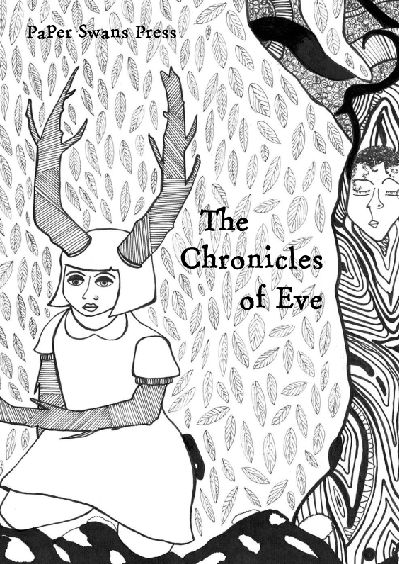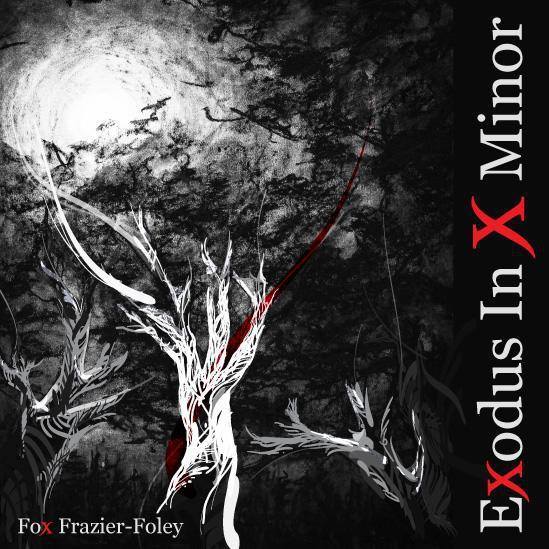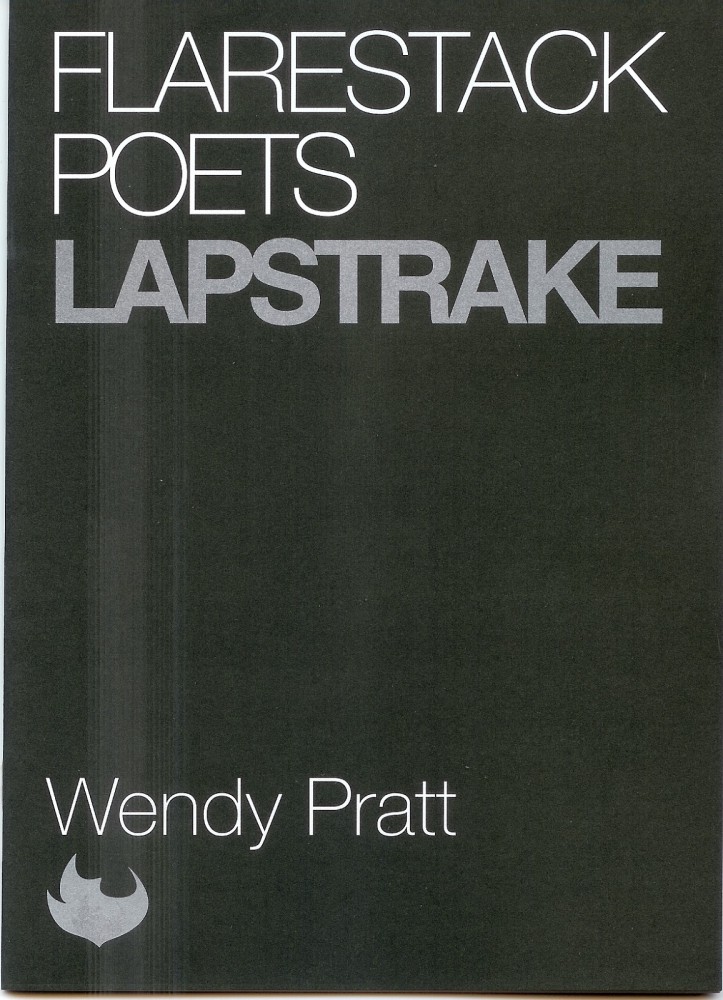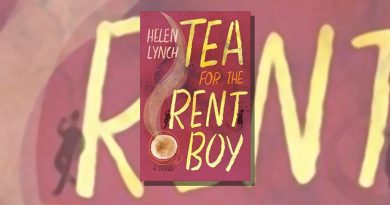The Chronicles of Eve edited by Ellie Danak, Sarah Miles & Wendy Pratt
– Reviewed by Steve Nash –
Paper Swans Press’ The Chronicles of Eve, edited by Ellie Danak, Sarah Miles, and Wendy Pratt, is a generous and diverse collection of poems gathered around the broad theme of womanhood. With such wide-ranging possibilities, it is little surprise that the responses should be so varied. By turns, disturbing, funny, uplifting and occasionally psychotic, this anthology revels in its contradictions as much as its cohesion.
Out of the many themes which emerge throughout the course of the book’s one hundred pages, the sense of perpetual surveillance, of always being watched or controlled, is one of the most potent. This is not just the sense of the male gaze, but a panoptic surveillance, imprisoning because even if the viewer looks away, the subject on display has no way of knowing if they are free from the watchful, judgmental and objectifying eye. In some cases, this sense of control is made explicit through the seemingly mundane, as in Sarah James’ ‘Forget Beef, Forget Chicken’:
On the day you decide, you open
the fridge and notice how his choices
have overpowered your tastes.
With ‘All Over Now (Baby Blue)’ John Foggin reminds us that there are aspects of life that such controlling observers prefer to turn away from, in a provocative poem that explores the secret worlds and shared identity of an existence half lived behind closed doors.
…Then they’d drop
their voices, like Catholics under parliament:She were, someone like Mrs Cox would say, born blue.
A blue baby. Aye. They’d shake their heads. A solidarity
of secrets shared, and deep deep understandings…
In addition to the often sombre tones here, there are also songs of celebration and, as in Autumn Konopka’s ‘The Girls Who Isn’t Pretty’, a welcome portion of dark humour too:
This is how you know
she loves you. This,
and the eye gouging.
In some nostalgic representations of female figures loved, nurtured, or nurtured by, questions of the nature of passivity and the will to action are raised. It is in these moments that the fragmented nature of memory and identity are often brought together highlighting the frailty of many of the portraits here. The fragility of being human is emphasised often, but nowhere more clearly than in Carole Bromley’s achingly delicate ‘Mum’s Foot’:
I talk to your foot,
hold it, stroke it,
say sorry to it.So thin, so white,
the foot of the girl
in the photo, laughingand running full
pelt towards the sea.
‘Pisces’ by Claire Walker sidesteps sentimentality in providing an undaunted and visually exacting depiction of hope in seemingly hopeless, and equally brittle circumstances:
It was as though babies melted
from the basket of my mother’s womb;
as if water steamed in her stomach,
scalded life from existence.
Approaches to childbirth range throughout the collection from raw realism to a return to more primal, or spiritual representations, as in Karen Dennison’s ‘Mooncalf’:
Sculpt a mooncalf from a mandrake root;
place in a bowl of bone
with drops of blood.
This point in the anthology provides an opportune moment to remark on the editors’ choice of structure. While it seems odd initially that some writers with multiple pieces included should find their work on consecutive pages, where others have poems spread throughout, it is clear that this is not an arbitrary sequencing. There are dialogues and contradictions at play here that are made explicit by the order of the works, and the poems are given the opportunity to converse with each other much more fluidly given this proximity. Dennison’s poems are followed by appropriately thoughtful works by Karen Little and Kate Garrett respectively, where the almost mythic rendering of reproduction is continued. Garrett’s ‘Granny Woman’ draws the mythic and the real together by raising questions about the visibility of female biology – invisible or hyper visible, it seems, are the only options:
The men leave us be; at times
like this they take themselves
out to the porch with pipes
and tin cups……They don’t see
what we see: the other sideof the granny woman, when she
doesn’t bring joy, calm and a blessing,
when she carries pain in her bag,
cramps, red blood, and a flat relief.
In addition to the previously noted rejection of passivity, there are poems here that move further. From the sensation of helplessness amidst a famine of understanding, fugitive voices rage against vulnerability – not so much screaming into the void as creating ruptures in it, carving possible lines of flight and escape. The narrator of Victoria Gatehouse’s ‘Little Red’ (a poem singled out on the anthology’s jacket) embodies this fervour:
and I would have stayed,
would have raged through his blood
like a blizzard, clawed my fingers
into the pads of his paws…
The retelling of timeless tales is handled with great subtlety elsewhere, with Gill Lambert’s ‘Fine Line’ evoking Eurydice and that most unreliable of male saviours:
…he lets go of you, and you drop-
only to look at him from a long way down,
your words hanging in the silence between you,
his answer to your slip,
rushing at you, surrounding you,
tripping you up.
The Chronicles of Eve is an inclusive and bold collection full of narrators who are, for the most part, loved by their writers for all of their contradictions. I will reserve the final words for Rachel Nix who, in her poem ‘The Language We Bury Them In’, articulately summarises the collection far better than I ever could:
I can see now why you write them on your skin. Words deserve more
than the language we bury them in; they’ve earned the right to live.





